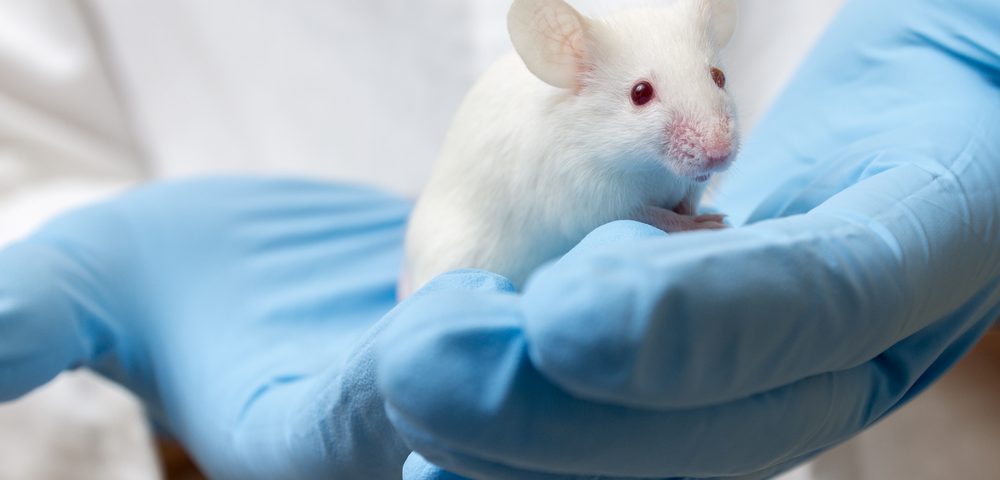A short-term, plant-based fasting-mimicking diet followed by a normal diet lessened several of the hallmarks of inflammatory bowel disease (IBD), a study in a mouse model shows.
The study, “Fasting-Mimicking Diet Modulates Microbiota and Promotes Intestinal Regeneration to Reduce Inflammatory Bowel Disease Pathology,” was published in the journal Cell Reports.
Increasing research shows that dietary interventions can have a therapeutic role in IBD.
The so-called fasting-mimicking diet (FMD) consists of eating a diet low in carbohydrates, protein, calories and fat for about five days. The aim is to induce the body into a fasting period without depriving it of food and activate its ability to “rejuvenate.”
Several studies suggest a beneficial role of a fasting-mimicking diet in reducing cancer incidence and in lessening chronic diseases such as multiple sclerosis and diabetes.
Researchers at the University of Southern California (USC) tested the effects of a four-day, plant-based fasting-mimicking diet in a mouse model of IBD, the so-called dextran sodium sulfate (DSS)-induced colitis mouse model. These animals exhibit classical signs of IBD, including infiltration of immune cells in the gut and bloody stool.
The animals were fed two four-day fasting-mimicking diet cycles, followed by a normal diet. Researchers investigated the diet’s impact on several IBD symptoms. They compared the results with control mice who underwent water-only fasting.
The diet consisted of a combination of flavored broth mixes, extra-virgin olive oil, essential fatty acids, vegetable powders, vitamins, and minerals.
The results showed that the fasting-mimicking diet lessened several of the symptoms seen in the IBD mouse model, decreasing gut permeability and enhancing the length of the small intestine compared to control mice.
“Looking at the length of the colon of the small intestine and inflammation, only the [fasting-mimicking diet] brings them back to better health while the water-only fasting does not,” Valter Longo, PhD, Edna M. Jones Professor of Gerontology and professor of biological sciences at USC and the study’s lead author, said in a press release.
Moreover, the fasting-mimicking diet ameliorated intestinal inflammation and increased the abundance of gut microbes that have a protective role, such as Lactobacillaceae and Bifidobacteriaceae.
Lactobacillaceae is a family of bacteria that regulates the activity of immune cells and, along with Bifidobacteriaceae, has been shown to reduce the severity of IBD symptoms in animal models.
“Because of its content, this diet is facilitating changes in the microbiota, including repopulation or major changes in the population of Lactobacillus,” Longo said.
When researchers transplanted fecal material (also called stool transplant) from the fasting-mimicking diet-treated mice into DSS mice, they saw a decrease in colon shortening, along with a reduction in inflammation and increased regeneration in the gut.
“These results indicate that FMD cycles cause shifts in gut microbiota populations that, in turn, affect the immune cell profile, cytokine levels, and regenerative activity in the colon,” researchers said.
The fasting-mimicking diet used in this study is a human diet previously tested in human subjects.
“You wouldn’t think mice would have that much Lactobacillus, but they were given a human diet so it seems to promote growth of bacteria normally associated with a healthy human vegan diet,” Longo said.
Researchers re-examined samples from human subjects with high levels of a marker of inflammation, called C-reactive protein (CRP), who were given the fasting-mimicking diet. They saw that three cycles of a five-day fasting-mimicking diet reduced the levels of CRP and of white blood immune cells.
“We found that, in the people who had higher inflammatory markers like CRP, the white blood cells were elevated as you would expect in a system that is in a pre-inflammatory disease condition,” Longo said. “Then we showed that the inflammatory markers and white blood cells came down in response to multiple cycles of the [fasting-mimicking diet].”
Overall, these findings support a therapeutic role of cycles of fasting-mimicking diet followed by a regular diet in lessening hallmarks of IBD.
“These promising results justify the testing of [fasting-mimicking diet] cycles in randomized clinical trials,” the study concluded.

